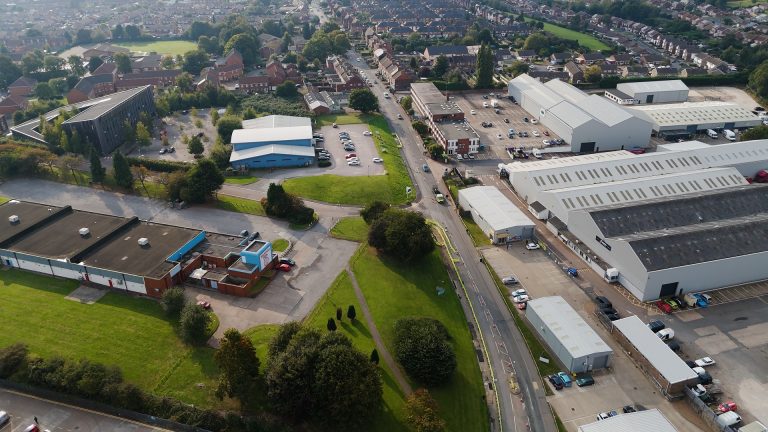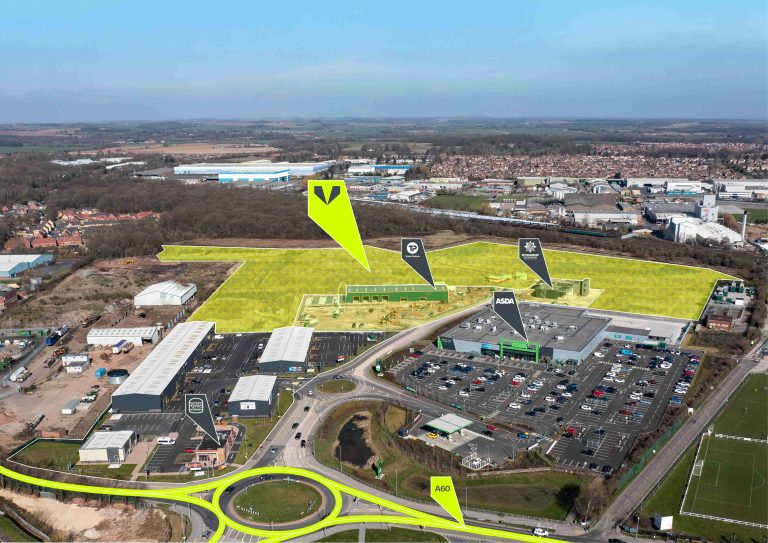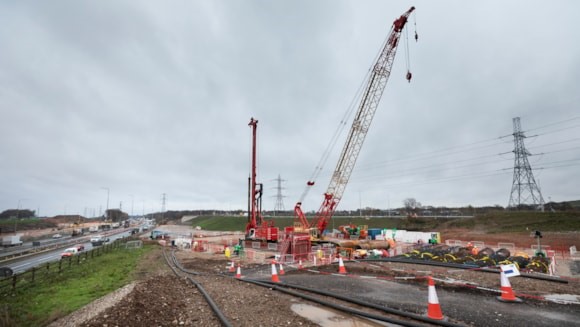A new pedestrian and cycling bridge over the River Severn, designed by Moxon Architects and Jacobs, has opened to the public. The new cable-stayed structure, located north of Worcester’s centre, is the city’s third bridge solely for active travel. Reflecting the council’s ambition to improve connectivity between the city’s core, residential areas, river and green corridor, the bridge continues a tradition of landmark civic infrastructure in the river valley. Taking its name from the Kepax Ferry, a 19th-century ferry crossing that operated close to the site of the new bridge, the project provides a vital connection between the city and residential quarters to the north-west. It will accommodate commuters, visitors, and leisure users alike. Working closely with specialist sub-consultant Moxon Architects, Jacobs provided multi-disciplinary design services and consultancy to Worcestershire County Council throughout feasibility, planning application, detailed design and technical support during construction. The majority of the Jacobs project team has been locally based during the project, combining their deep understanding of the area and an appreciation of what is important to the local community. Building on their longstanding working relationship with Worcestershire County Council and their term contractor Alun Griffiths, the Jacobs-led design team collaborated throughout the duration of the project including with specialist members of the supply chain, maintaining the high design quality of the holistic solution. To the east, the bridge springs from a high and dry point on the edge of the city’s historic Gheluvelt Park. Initially running parallel to the river, it curves ninety degrees to span over the water and a wooded riverbank beyond. It comes to land within an open field that was previously a landfill site. The distinct ‘hockey stick’ bridge alignment was carefully defined to pass over existing riverside paths and parkland unobstructed. It does this while providing continued access across the city for residents and businesses during periods when the River Severn floods. Following extensive public consultation with stakeholders and local residents, the design balances civic ambition with sensitivity to the surrounding landscape. With a bold, yet elegant form, the new steel bridge provides a safe 4m-wide, 145m-long crossing that comfortably accommodates both cyclists and pedestrians. The deck features a slip-resistant walking surface, and a finely crafted parapet made of a series of inward leaning stainless-steel rods that alternate between supporting a handrail and 1.4m-tall cycle railing. This simple repetition of elements takes on sculptural qualities when arrayed along the edge beams of the curved crossing. An A-shaped, 29m-tall pylon simultaneously tangential to the approach and main spans is nestled into a wooded, northwestern corner of the park. The deck features a slender profile supported every 12m, either by cables or by a series of piers below the western approach. This minimises disruption to the ecologically rich willow carr woodland to the west and the parkland to the east, parts of which will become a natural meadow. The dark blue-green colour strikes a balance with the surrounding vegetation, while highlighting the bridge’s dynamic form. Likewise, the ribbed soffit accentuates the sweeping geometry when viewed from the green spaces beneath. Ezra Groskin, Director of Moxon Architects, said: “Kepax Bridge is an important, climate-change resilient addition to Worcester’s civic infrastructure, forming a much-needed crossing over the River Severn. It connects residents in the city’s north-western suburbs to jobs in the centre and leisure amenities in the adjacent Gheluvelt Park and beyond. While we hope the new bridge will become a landmark that local people are proud of, combining functionality with delight has been our primary concern throughout the project.” Kate Kenny, Senior Vice President at Jacobs, said: “Leveraging our extensive expertise in innovative bridge solutions, we are proud to have contributed to the successful delivery of the Kepax Bridge. This vital infrastructure project now provides a crucial link for pedestrians and cyclists, aiming to reduce traffic and support health and wellbeing in the community. The new bridge will significantly enhance connectivity, enrich community life, and benefit the local economy and environment.” Councillor Marc Bayliss, Cabinet Member for Highways and Transport at Worcestershire County Council, said: “Today is a milestone for Worcester, and I’m thrilled to see this incredible bridge open. The response at the opening event was fantastic, and I’m confident this bridge will make a real difference for those who walk, wheel, and cycle around the city. Improving active travel routes is a key priority for us, and this bridge is a game-changer for both Worcester and the wider county. A huge thank you to everyone involved in this project.” Rebecca Redfern MBE, Paralympic gold-medalist, officially opened the bridge to the public on 5 December 2024. Building, Design & Construction Magazine | The Choice of Industry Professionals














